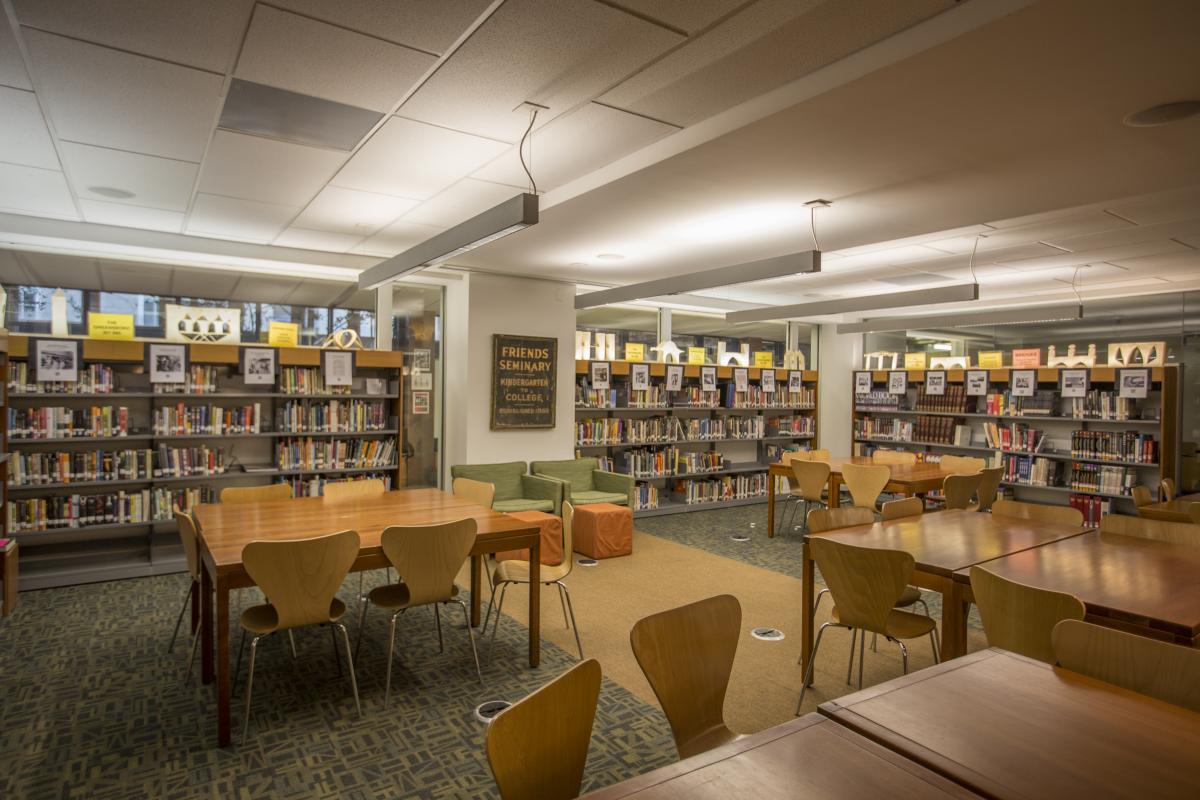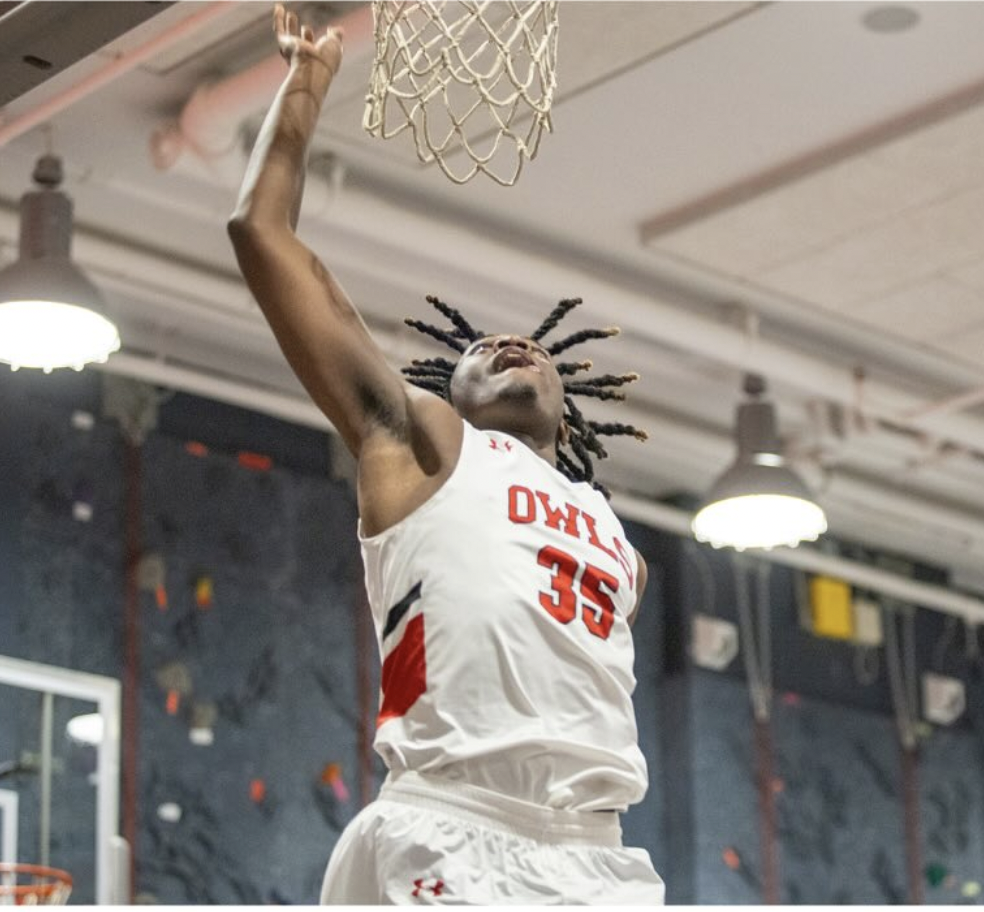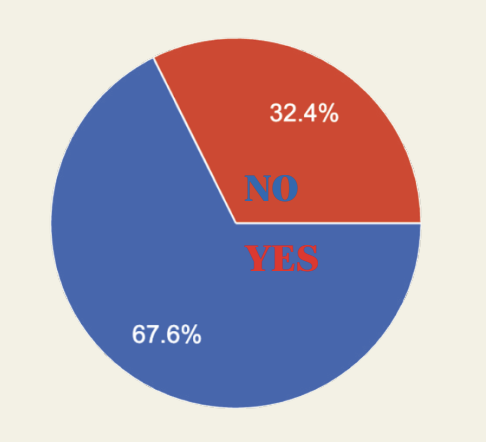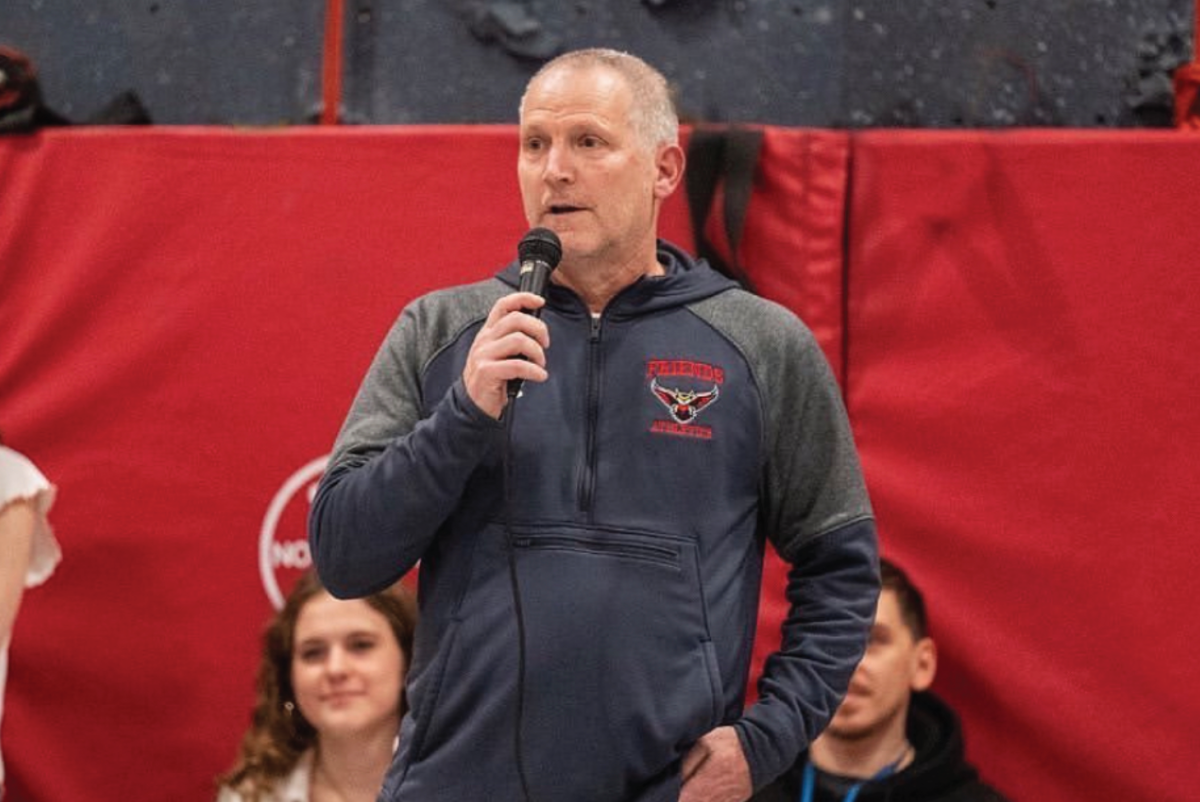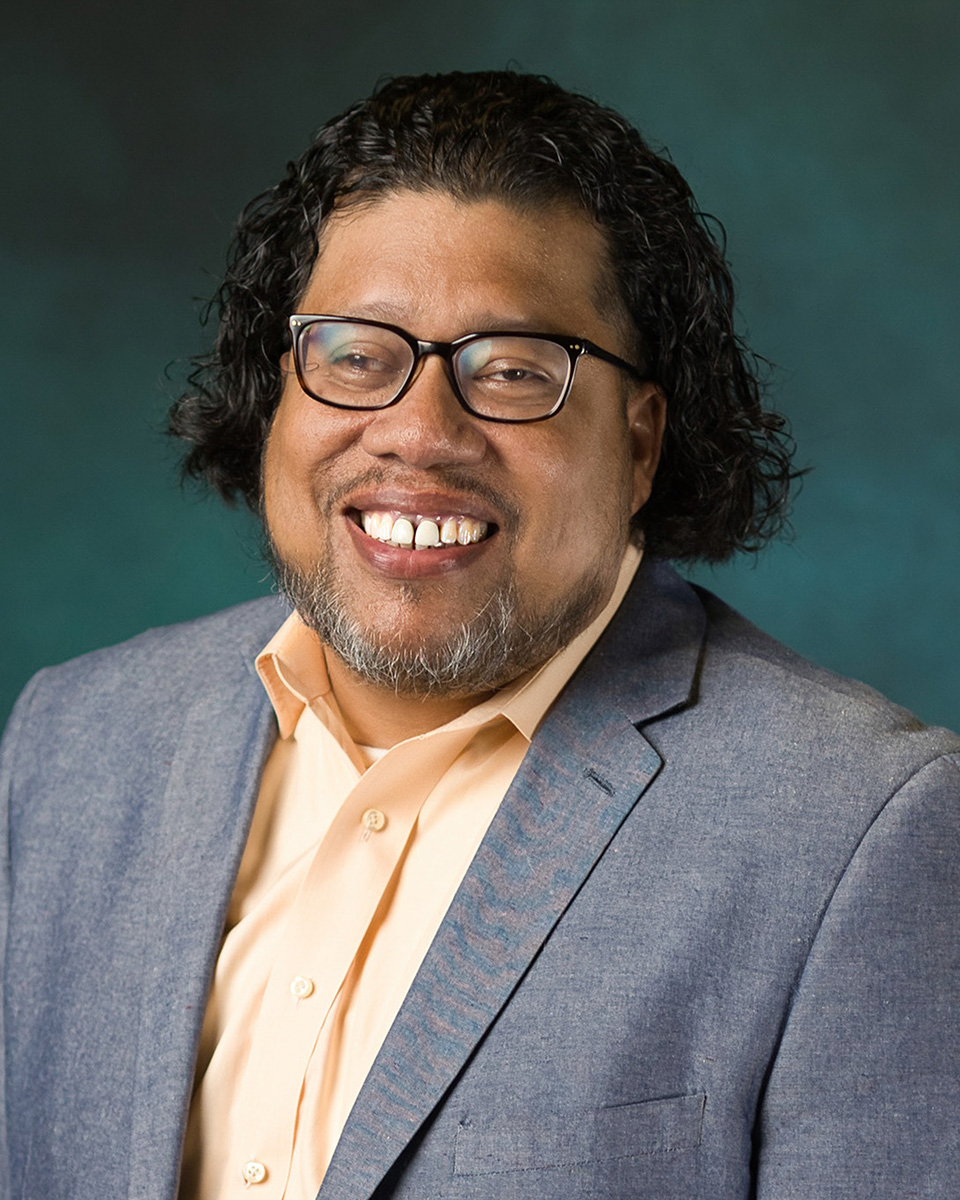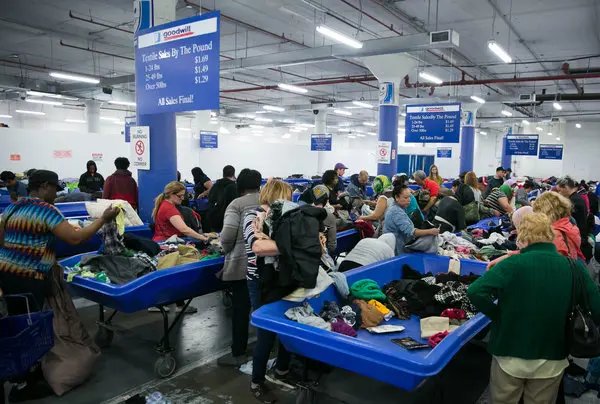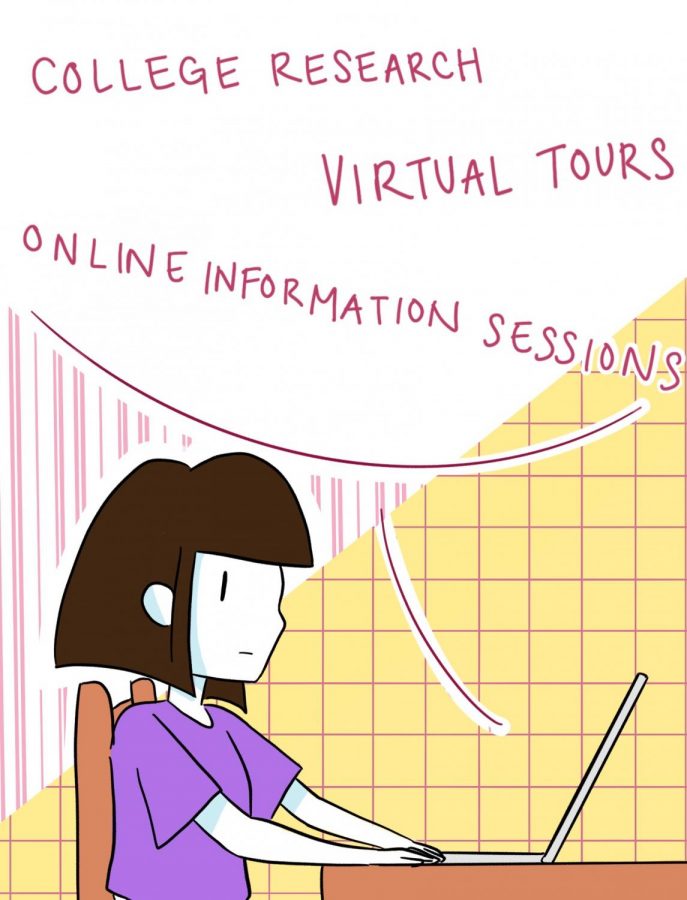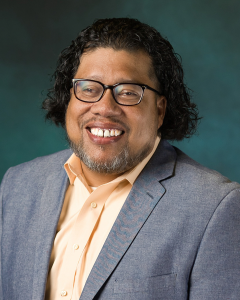Junior class prepares for changing college process
The class of 2022 braces for an unpredictable college process. In the past school year, the pandemic has made standardized testing optional, increased the volume of applications to selective schools, and taken the search process online.
June 12, 2021
From freshman to senior year, the college process hangs over students, bringing with it a mix of stress and fear. In past years, despite college admissions becoming steadily more competitive, the college process experience has remained relatively similar to years before. However, the pandemic has uprooted the usual and created challenges for applicants across the country. Students in the Friends Seminary community have felt these challenges, and many future applicants in the junior class fear what may happen in the world of college admissions next fall.
Ahden Islam ‘22 said that the pandemic has made him uncertain about where he wants to apply. “I would say the pandemic has made the college process harder for me, as I am not able to visit many schools that I’m interested in, and for me, the campus and the area surrounding the campus is something which factors into my decision,” he said. The pandemic has also made visiting college campuses more difficult. To accommodate these restrictions, colleges offer virtual tours of their campuses.
Ethan Judlowe ‘22 shares similar opinions to Islam with regards to the challenges the pandemic poses on physical tours. “Virtual tours can only tell so much about a school, and it’s remarkably difficult to get a sense of place over Zoom,” he said.
Along with the change in the touring system, standardized testing has been widely affected throughout the country. Benji Isay ‘22 had his standardized test cancelled in December. “My ACT test in December messed up my whole entire testing plan… I focused all of my preparation on getting ready for the ACT, so when it was cancelled, I had to refocus,” he said. Experiences similar to Isay’s, social distancing protocols, and calls from critics to stop standardized testing procedures that favor students with the most resources, have influenced over 1,600 colleges in the United States to alter their admissions requirements regarding standardized tests. These schools have announced test-optional systems, giving applicants the choice to submit a test score. With last years’ test-optional system, more applicants have applied to top schools, and colleges have become more selective.
Connor Zenker ‘22 is another student whose college process has become more difficult due to admission changes. “The increased selectivity of schools because of the changes made for the pandemic makes looking at schools much harder, because it feels like everything has been pushed out of reach,” he said. For example, New York University had over 95,000 applicants this past year – a 20% increase on the year before. Nearly half of the applicants did not submit a test score, demonstrating how the test-optional system led to a growing applicant pool.
College Counselor Audrey Reynolds offered context to the increase in applicants that schools like NYU have experienced, suggesting that the test-optional practice is likely to stay. “Colleges like the increase in their applicant pools that they are getting through the test-optional plan,” she said. “Test-optional has broadened the diversity of their applicants because it has taken away the advantages of privilege concerning the SAT and the ACT. I think that colleges are going to be interested in seeing the test-optional admissions continue.”
Though the pandemic has raised questions about whether next year’s college admissions process will be more competitive, as the country relaxes pandemic protocol there’s hope that it will be easier to predict.

